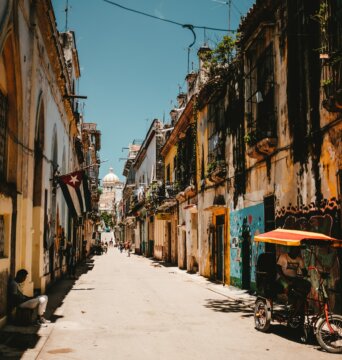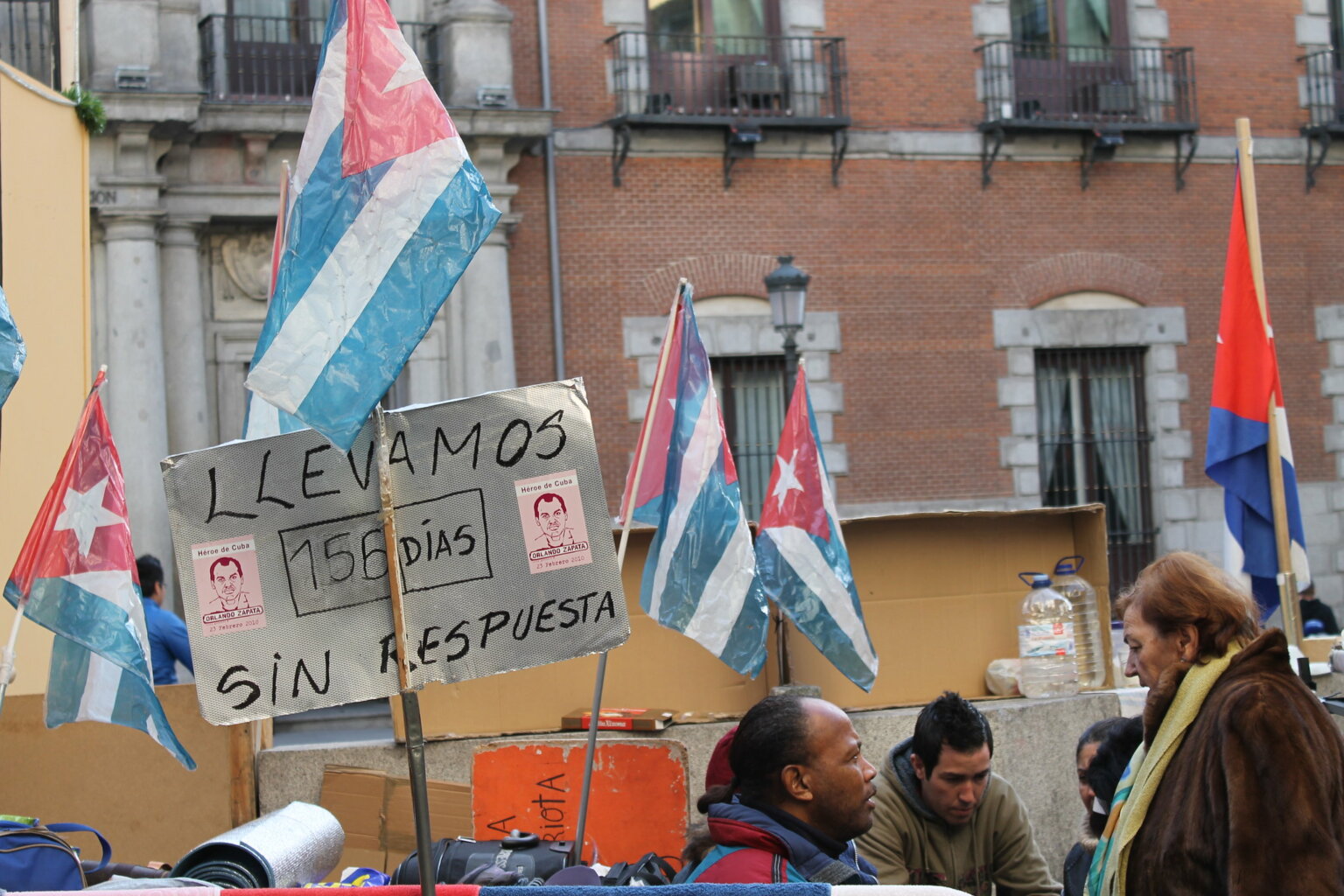- About
- Topics
- Picks
- Audio
- Story
- In-Depth
- Opinion
- News
- Donate
- Signup for our newsletterOur Editors' Best Picks.Send
Read, Debate: Engage.
Over the past few months, FairPlanet has been covering the situation in Cuba, where poverty rates were boosted by the pandemic, as the tourism industry is one of the main sources of income in the island. All the while, finding food and medicine has become difficult due to a shortage of goods and the authorities’ crackdown on freedom of press and expression continued. Add to this a recent surge in Covid-19 infections and deaths.
Artists, journalists and other demonstrators have been trying to call out this situation for a while. Spreading the word online or peacefully protesting, groups such as the San Isidro Movement have been fearlessly speaking out, often putting their own freedom and safety at risk. Alas, most of the time their voices did not reach far.
However, the events of 11 July may have turned things around, as people from all across the country gathered to demand liberty and an end to the dictatorship.
The peaceful demonstrations were repressed and several people are reported to be missing or detained. Furthermore, social movements denounced an internet blackout when the protests sparked, pointing to an attempt of the government to silence people. The authorities could not go on doing that, however, as the world’s eyes are now on Cuba.
One of the main topics when it comes to Cuba is the US embargo, which is still in force after six decades. During a press conference at the White House, US President Joe Biden has been questioned about the ongoing policies towards Cuba and, in response, said that the country is a “failed state”.
Biden had raised the possibility of sending aid to the island, including Covid-19 vaccines, but conditioned it to "a different circumstance or a guarantee that they would not be taken advantage of by the government,” which is not, according to him, the current reality.
Cuba has also appeared in statements of other politicians and human rights supporters. Amnesty International called the massive protests a "desperate cry to a government that doesn’t listen.”
“Instead of repressing the population, the Cuban authorities have an obligation to protect their right to demonstrate peacefully,” stated Erika Guevara-Rosas, the Americas director at Amnesty International, during a press release. “President Miguel Díaz-Canel’s inflammatory rhetoric of ‘war’ and confrontation creates [an] atmosphere of violence against those who demand accountability and the free enjoyment of their human rights.”
Despite the ongoing repression, the Cuban government seems to be pushed towards some small advances. It is far from ideal, however. What is going to happen next will depend on a combination of political decisions and how seriously can other countries commit to helping the island deal with the challenges of overcoming the regime, restoring the economy and honouring civil rights.
Image: Stéphan Valentin.

